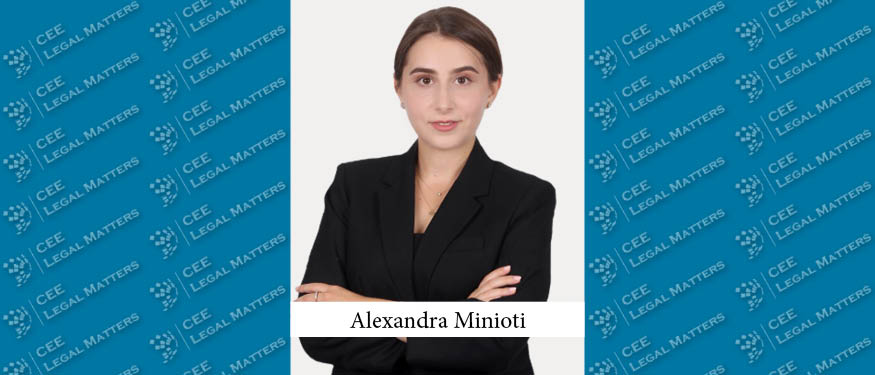In a significant development for the personal data protection landscape in Albania, the Council of Ministers has adopted Decision No. 347, dated 19 June 2025, establishing a new state database titled “Electronic Registry of Data Protection Officers” (DPO Registry). This marks a major milestone in the country’s efforts to align its data governance infrastructure with international and European standards, in line with the newly reformed legal framework on personal data protection.
Latvia Tightens Criminal Liability for Sanctions Violations
On 10 June 2025 Latvia completed the transposition of Directive (EU) 2024/1226 by amending three key statutes: the Criminal Law, the Law “On the Procedures for the Coming into Force and Application of the Criminal Law,” and the Law on International and National Sanctions of the Republic of Latvia.
The New Packaging Regulation, EPR and EU Accession: Is Albania Ready to Take the Green Step?
As Brussels adopts one of the most ambitious environmental regulations in recent years, Albania once again finds itself at a familiar crossroads. The country faces pressure to align but still lacks the institutional capacity and market readiness to act meaningfully.
Essential Rules for Pharmacies, Drugstores and Optical Retailers in Bulgaria
Given the growth of the Bulgarian pharmaceutical retail sector, it is essential to understand the legal framework governing the operation of pharmacies, drugstores, cosmetics counters and optical retailers. Each of these types of businesses is subject to specific regulatory requirements designed to safeguard public health, ensure quality control and maintain compliance with both national and EU legislation.
New Lobbying Law Effective from 1 July 2025 in the Czech Republic: What Will It Mean in Practice?
As of 1 July 2025, lobbying activities in the Czech Republic are subject to regulation for the first time. The new Regulation of Lobbying Act aims to enhance transparency by defining who qualifies as a lobbyist, identifying the targets of lobbying (primarily public officials) and introducing record-keeping obligations. A key element is the creation of a publicly accessible register, where lobbyists must disclose their identity and the parties they represent.
Stricter Environmental Penalties as of May 2025: New Rules for Corporations and SMEs
The Government of Hungary expects all investments to comply with the strictest environmental standards. Should companies fail to meet these requirements, fines will be imposed under the "polluter pays" principle. The new penalty regulation distinguishes between private individuals, small and medium-sized enterprises (SMEs) and large corporations.
New Amendments Of The Laws And Bylaws Regulating The Protection Of Financial Services Users And The Banking Sector
The National Assembly of the Republic of Serbia has adopted a set of laws regulating the banking sector and the protection of financial services users on March 6th this year:




















